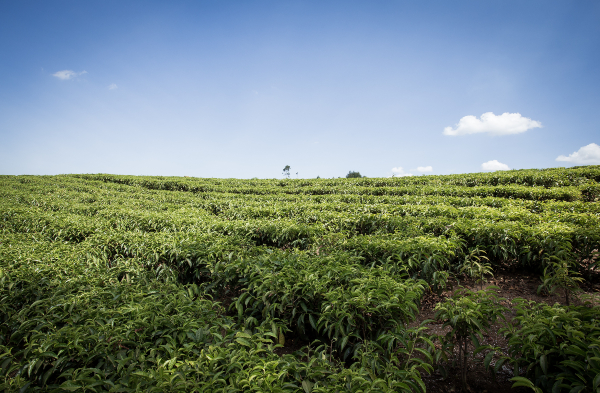Join Ingredion sustainability experts Brian Nash, VP Corporate Sustainability, and Andrew Utterback, Director Global Sustainable Sourcing, as they offer their insights at the Climate Smart Food Digital Summit 2024.
Hosted by FoodNavigator, the three-day event focuses on sustainable nutrition and its role in combating climate change. Key topics include decarbonizing supply chains, eco-friendly production and innovative technologies for a sustainable future. Sessions feature interactive presentations, panel discussions, Q&As, fireside chats and elevator pitches. The summit is free, but pre-registration is required for each session.
Eco-friendly Production from Farm to Fork, September 25th
Ensuring sustainable nutrition from farm to fork requires significant change. In a bid to champion resource efficiency, the agricultural sector is rethinking farming practices for the 21st century. And it’s not just agtech promising to deliver; food waste and upcycling are also on food makers’ radar.
Upcycled ingredients: Risks and opportunities of turning trash into treasure,
Live panel - 2 p.m. CEST
What’s not to like about upcycling? Take a side stream, repurpose it and boom! You’ve got a new ingredient. This panel discussion featuring Ingredion’s Brian Nash and other industry professionals will cover:
How can innovators ensure a constant supply of raw materials?
What challenges exist in bringing new products to market?
And importantly, do consumers want – and understand – upcycled food?
Cultivating Sustainability: Harnessing the Potential of Regenerative Agriculture,
On-demand webinar
Discover the transformative potential of regenerative agriculture – an approach that sequesters carbon from the atmosphere and enriches soil biodiversity. Join us to explore how practices like reduced tillage, cover cropping and crop rotation can restore degraded land, improve soil health, increase supply chain resiliency and mitigate climate impact. In this presentation, Ingredion’s Andrew Utterback will:
Explore the value of regenerative agriculture for manufacturers and consumers while delving into common practices and their impact on farming
Detail standardization of regenerative agriculture programs and the importance of certification and transparency
Provide a closer look at the dynamic trends and upcoming shifts in regenerative agriculture practices and how this shifting landscape can bring both challenges and opportunities

